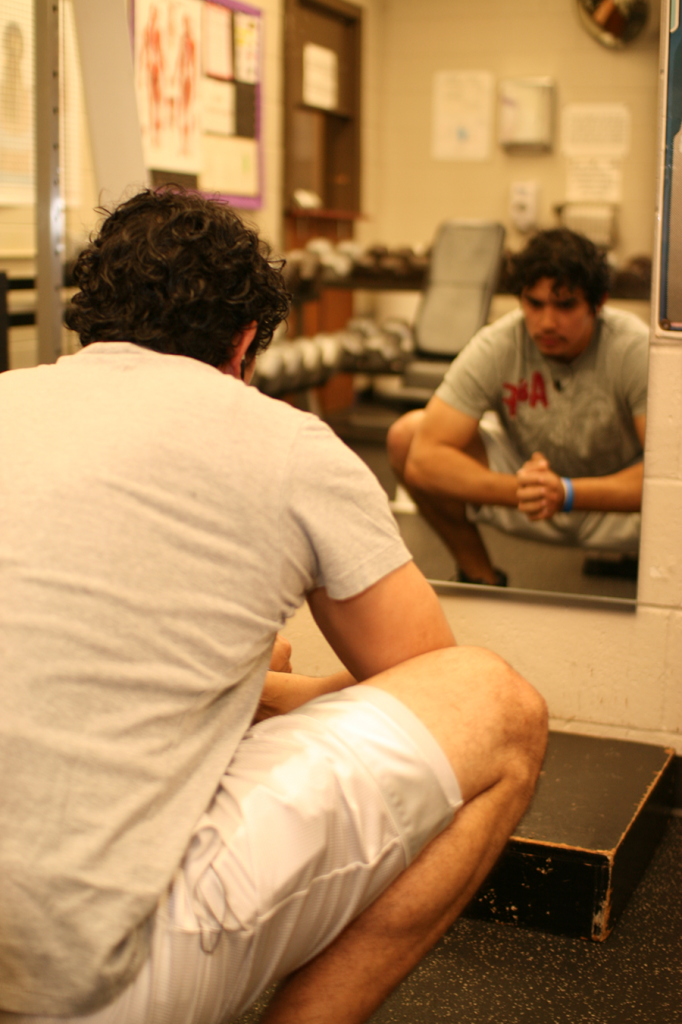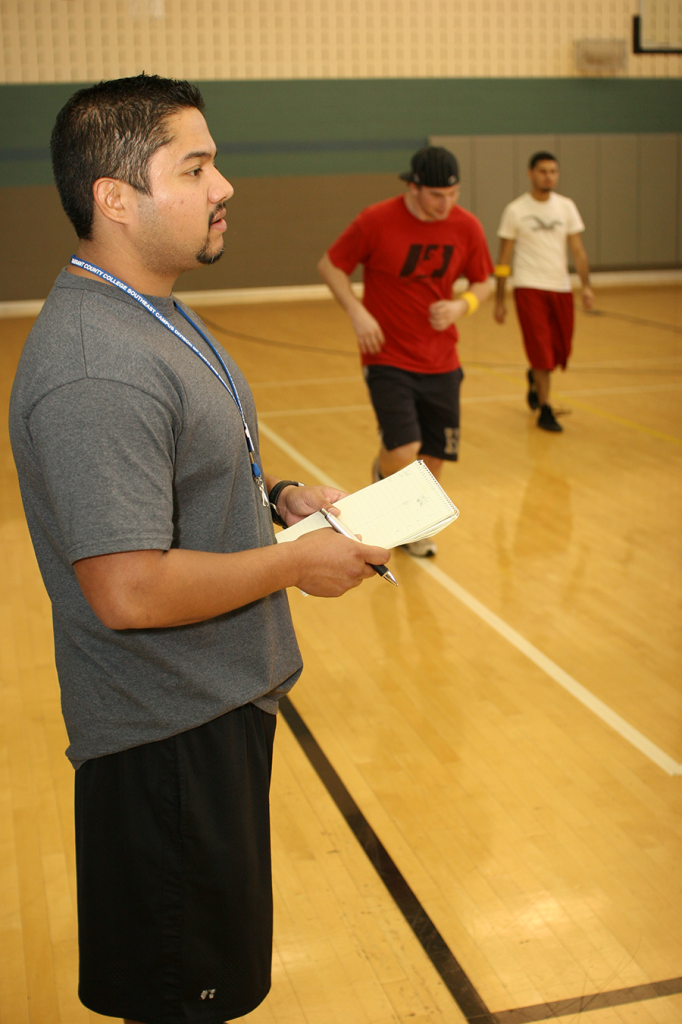 The empty-holster federal case should give TCC a good lesson in common sense free-speech policies.
The empty-holster federal case should give TCC a good lesson in common sense free-speech policies.
Kindling an alliance with the American Civil Liberties Union, students John Schwertz Jr. and Clayton Smith took TCC to court earlier this month after the college rejected empty gun holster protests in 2008 and 2009 on campus as part of Students for Concealed Carry on Campus.
TCC dropped the set free-speech zones this semester after the two filed a lawsuit in November, stating the college violated their right to protest three different times and that the free speech policies and regulations of the college were unconstitutional.
School officials say that the reasons behind the decision were to protect students in fear, or in this case, “paranoia,” of shootings on campus. However, the college made the wrong choice to take away the expression of an issue that is heavily debated in Austin, or any issue for that matter.
Though emphasizing security is understandable in a time when school shootings have become common, TCC officials were reaching when they decided against the protests.
Even if the protest used something other than empty holsters, America prides itself on the First Amendment in various forms. People in this country have a right to stand up for what they deem important enough to fight for — with limitations regarding the safety of others, of course.
If society often worried about all the “what ifs,” or “what could happens,” it would restrain this country from growing and prevent historical events such as the Boston Tea Party from showing that freedom of speech is needed to help this country — or, more locally, this college — learn from its mistakes.
TCC should have found a way to compromise and hold a civil protest but instead helped to create a mess. As a result, the case is costing the school money that could have been used for something better.
TCC should take this as a chance to revamp its free speech policies and regulations to avoid future confrontation.
TCC had no tangible evidence to deny the students as Schwertz and Smith stood up for their beliefs. But TCC’s denial set a spark under them that lit its free-speech policies on fire. True, the two students changed TCC, but how they did it was more important. They should be commended for their act with the reasoning that they handled the situation in a civil, mature and calm way, instead of doing something drastic that could have made the situation worse.
Whatever the outcome of the case, TCC should use this to guide the college in finding a way to cover all sides and make its policies and regulations agreeable for everyone — administration, students and police — as much as possible.

























